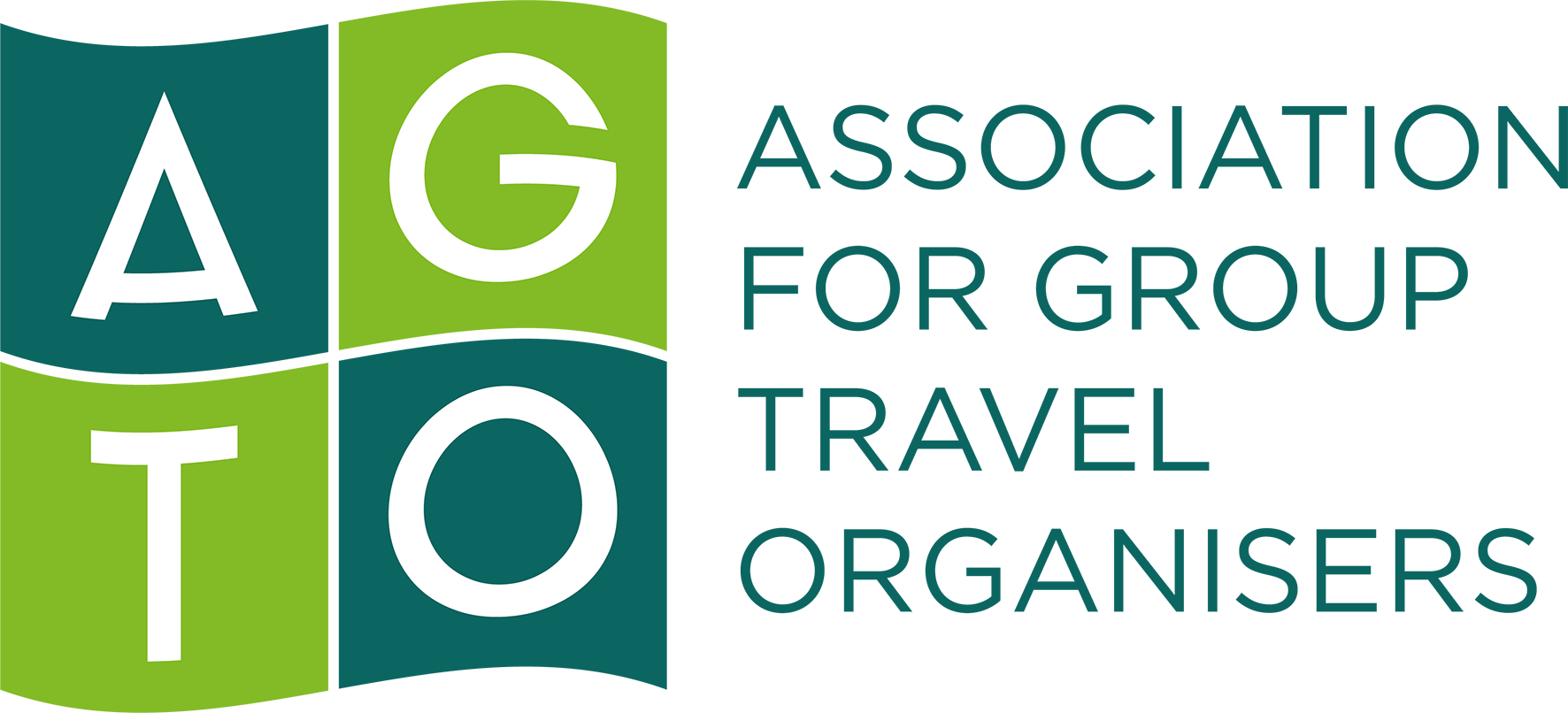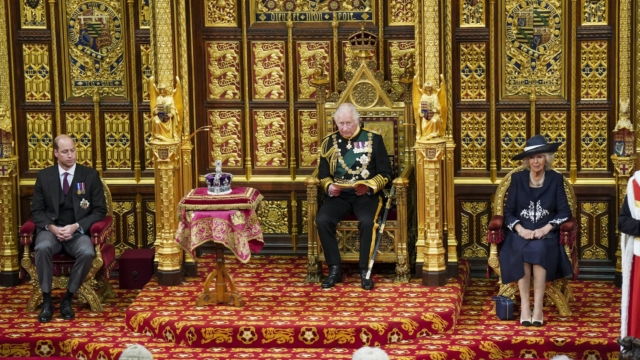Attached a copy of the lobby pack that supports the Queen’s speech. Here are some…
COVID-19 Update 28th January 2021
- Eligibility for ARG Funding
As you will know, we have been working to get support for a range of tourism businesses that have been excluded from the LRSG payments because, although they have not officially been required to close, the lockdown restrictions have it impossible for them to operate. This includes businesses such as tour and coach operators, language schools and events organisers. There has been some progress on this in that during the debate in Parliament yesterday on Golf tourism, Nigel Huddleston made the following statement:
The guidance for these additional restrictions grants encourages local authorities to develop discretionary schemes to help those businesses that are perhaps not legally forced to close but are none the less severely impacted by the restrictions put in place to control the spread of covid. These could include, for example, businesses that supply the retail, hospitality and leisure sectors or businesses in the events sector. On this point, I have received a number of reports that some tourism-related businesses, which might not be ratepayers and are not explicitly mentioned in the guidance on these grant schemes, are being deemed ineligible by some local authorities. To be clear to those local authorities and those businesses, although the ultimate decision is at the local authority’s discretion, the fund can, and in my opinion certainly should, be used to provide grants to tour operators, coach operators, school travel companies, English language schools, event organisers and similar businesses, all of which serve as vital facilitators to the tourism industry even if they do not sell to consumers directly on a specific premise. I therefore encourage and expect local authorities to be sympathetic to applications from those businesses and others that have been impacted by covid-19 restrictions but are ineligible for the other grant schemes.
The LGA have agreed to send this passage out to councils in one of their updates, which will support applications that businesses in these sectors have made for the ARG. Although this is very good news, we really need to make sure that they are eligible for LRSG (Open) when we come out of lockdown and that they are eligible for Business Rates Relief if this is extended to 2021/22.
Here’s the link to the passage in Hansard
- CJRS Analysis – 1 January
The latest analysis of the CJRS has been published by the ONS. The main findings of this are:
-
- The total number of people furloughed on 31st December was 3.8m
- Furloughing in accommodation and food services peaked at 1.65 million employments furloughed on 10 April, this fell to 601,400 employments furloughed at 31 October. There was a net increase of 490,100 to 1.09 million employments furloughed at the start of November, this fell to 1.08 million employments furloughed at 30 November. Provisional figures show that the number of employments furloughed decreased to 1.04 million at 31 December
- Furloughing in arts and entertainment sector peaked later than other sectors on 15 May 2020 with 455,100 employments furloughed on that date. By 31 October this had dropped to 159,600 employments furloughed. At 30 November the number of employments furloughed had increased to 292,600. Provisional figures show that this figure decreased to 273,800 employments furloughed at 31 December
So, the number of people furloughed in these two sectors before the national lockdown was 1.35m, which is 35% of the total.
This research also has a lot of additional data on furloughing by region, age group and company size.
There is also a similar analysis of the SEISS scheme
- Night Time Economy Consultation
The Night Time Economy APPG has launched an urgent inquiry into the impact of Covid-19 on British nightlife. The inquiry is being led by APPG Chair, Jeff Smith MP, who worked in the sector for several years in his earlier career. The APPG is calling for evidence from night time economy businesses, employees, freelancers and consumers to share their views on the challenges facing the sector, its importance to our society and economy, and how nightlife can be reopened. Consultations will run throughout the month of January for a report scheduled to be released in February.
Evidence for the inquiry can be submitted via an online survey accessed at:
https://www.ntia.co.uk/appg/?fbclid=IwAR3yssrT4ldOlGfj_l34XHKrKS8x-bY0_QLvQPGdxv_L-wx_gTyJNU8JQ4k
If you have any comments or evidence that you would like to be included in a Tourism Alliance submission, please let me know
- Lockdown Guidance Update
The Going to Work Section of the Lockdown guidance has been updated to clarify that you do not need to be classed as a critical worker to go to work if you cannot work from home. The updated section also states that employers and employees should discuss their working arrangements, and employers should take every possible step to facilitate their employees working from home, including providing suitable IT and equipment to enable remote working. Where people cannot work from home, employers should take steps to make their workplaces COVID-19 secure and help employees avoid busy times and routes on public transport. Extra consideration should be given to those people at higher risk.
https://www.gov.uk/guidance/national-lockdown-stay-at-home#going-to-work
- National Travel Attitudes Survey
The finalised results of the 4th wave of this survey have been published today. Although the data collection period is somewhat ancient history now (it covers may – Sept last year) the results are of some interest in that they show the relative levels of perceived risk people associated with different forms of travel and will be useful in informing travel patterns when the UK starts reopening. For example, over 85% of those surveyed said that they were concerned about travelling by public transport such as buses, trains, planes and underground while just 17% were concerned about travelling by car.
- Eat Out to Help Out Analysis
HMRC have published an analysis of the EOTHO scheme which includes a geographical breakdown of the uptake. Interestingly the participation and uptake of the scheme was very evenly spread around the UK. For example, 84% of the UK population is in England and:
-
- 84.3% of participating outlets were located in England.
- 84.5% of total meals claimed for were sold in England
- 84.5% of total discount was claimed in England.
Within this there is interesting but unsurprising findings that
-
- areas with high commuter traffic and low resident populations had low claim levels (ie City of London and Kings Cross)
- expensive areas has higher average claims (city centres)
However, there is one interesting result
-
- The average claim per outlet was significantly higher in Northern Ireland than either England, Scotland or Wales.
- Guidance for Managing Playgrounds and Outdoor Gyms
Playgrounds and outdoor gyms are one of the few exemptions to the national lockdown. As such, the guidance on how to manage the equipment and use of these facilities has been updated to take account of the lockdown rules and restrictions.


